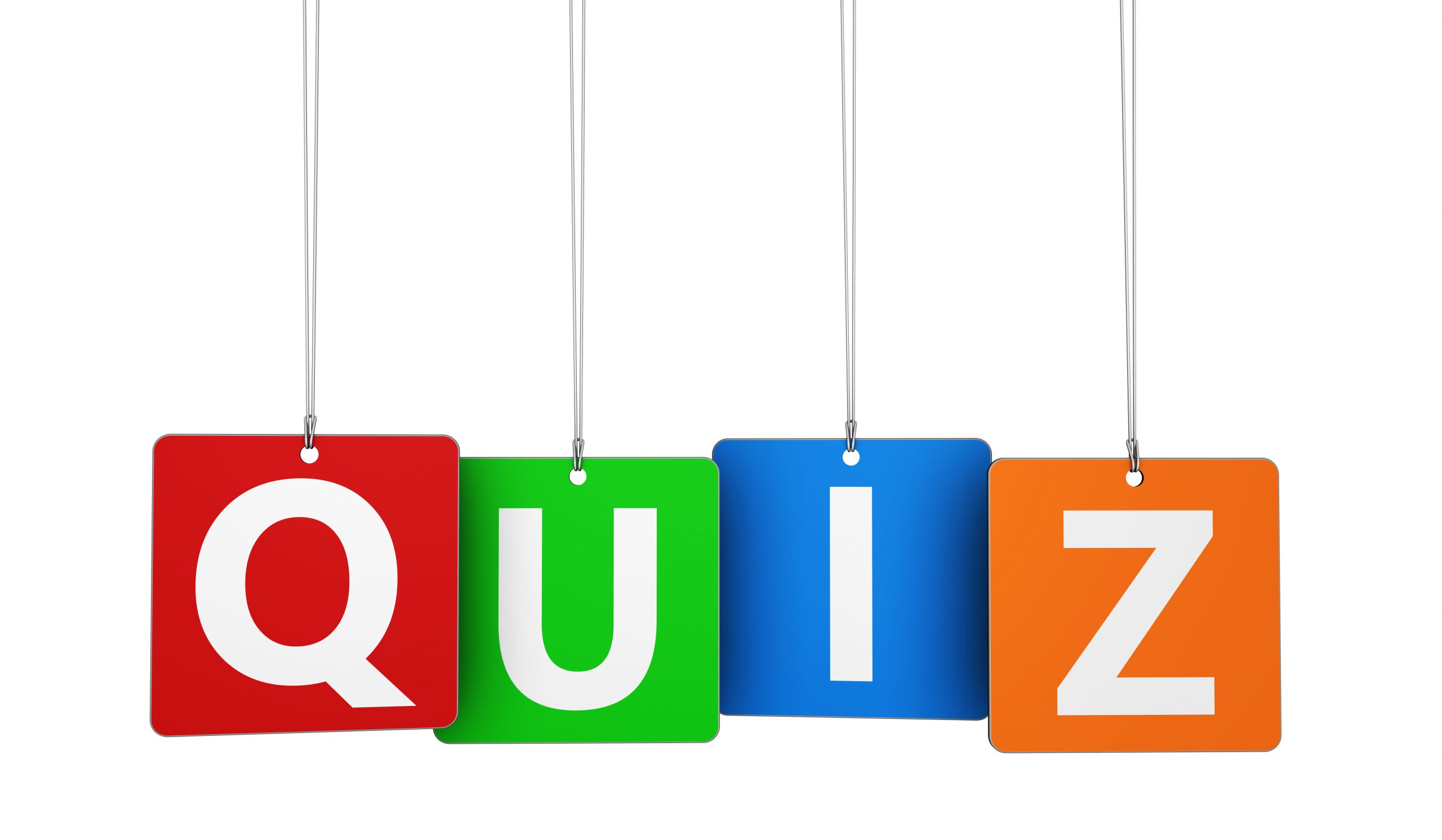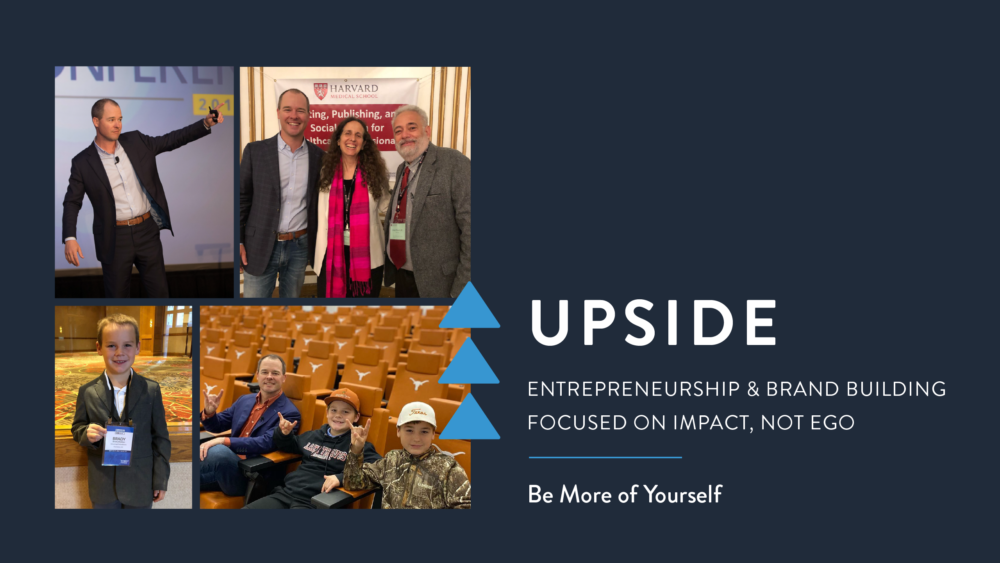Have you ever had an experience with a client where you were dead wrong?
Not just a little wrong – I mean the world is flat kind of wrong.
I still remember the first time I reviewed the draft quiz that Claire Shipman and Katty Kay sent me for review. We were preparing to launch their 2nd book, The Confidence Code: The Science and Art of Self-Assurance – What Women Should Know, and had decided to use our quiz software platform, Catch Engine, to make a free confidence quiz available on their website as a way to provide value to women around the globe, drive buzz for the book launch and grow their email list.
I opened up the email attachment and my jaw hit the floor. I was expecting a quiz with 10-15 questions but the quiz in front of me had more than 50 questions.
I called Claire immediately and suggested we shorten the quiz. She pushed back because the quiz was developed alongside researchers from Ohio State University and they felt strongly that each and every question was needed to deliver an accurate result, gather necessary demographic data and, most importantly, provide value to those who spent their time to take it.
I understood the reasoning but I told her “no one’s going to take a quiz this long.”
Boy was I wrong.
As of the writing of this blog, roughly two and a half years since their fantastic book released and hit the New York Times bestseller list, more than 165,000 people have taken the confidence quiz.
Katty and Claire did a tremendous job of talking about the quiz during their many national media interviews (often crashing our servers from the traffic) but what has also been interesting about the quiz’s success is how well it has self-propelled thanks to quiz-takers sharing it with friends on social media.
Why was the confidence quiz so successful?
- It provided true value – for free. It is getting harder and harder to convince someone to give up their email address, so for a lead magnet or email grab to be successful, it has to provide true value to both parties. Katty and Claire spent significant time creating personalized email responses for each of the three possible categories in the quiz – low confidence, medium confidence and high confidence. When a quiz-taker finished the quiz and received their results, they were given helpful content that they could put to use to improve their confidence. For those who wanted to go deeper, there were links to buy the book throughout, but one didn’t have to buy the book to get value, which was a real gift from Claire and Katty.
- It offered a personalized, interactive experience. What motivates us better than almost anything? The ability to get personalized feedback that tells us something about ourselves. How good a leader am I? How smart am I? How confident am I? Am I a good fan? This is the magic of “quiz marketing” – nothing motivates a website visitor to engage with your content better than the appeal of a free, personalized experience – something that tells them something about themselves.
- It offered a clear value proposition. As we have launched more and more quizzes through the years one thing we have learned is this – keep it simple, stupid. I have learned this the hard way many times but the most successful quizzes offer the clearest value proposition for your website visitor. Our second most successful quiz was created by Dr. Craig Malkin surrounding the launch of his fantastic book, Rethinking Narcissism: The Secret to Recognizing and Coping With Narcissists, and offered an extremely clear value proposition – The Narcissism Test. Dr. Malkin’s quiz has been taken more than 110,000 times. Don’t overthink it!
Why do we like quizzes or assessments so much?
Sherry Turkle, an MIT psychologist and cultural analyst, told Wired that people turn to quizzes as a result of their irresistible need to quantify the human condition – “Basically, we’re trying to get a number,” she said. “(People will) use a quiz to get the number. It gives people something to look at, an object to think with. I think these quizzes are a kind of focus for attention for thinking about yourself.”
This is why a good quiz can be such an effective “lead magnet” on your website.
In case you’re not familiar with that term, Digital Marketer defines a lead magnet “as an irresistible bribe offering a specific chunk of value to a prospect in exchange for their contact information. The goal of the lead magnet is to maximize the number of targeted leads you are getting for an offer.”
So what kind of lead magnet works best on a website?
Let’s look at each of the three most common categories of lead magnet (beyond the most basic – “contact us”):
- Join my newsletter! Most websites I see use this as their “offer” to encourage website visitors to join their email list. Unless you are well-known, this call to action converts at a horrific rate because the website visitor isn’t likely convinced your newsletter will provide them with value (again, unless they already know you or know of you and respect your content).
- Download a free gift! Offering a free download in the form of a whitepaper, e-book, workbook or other value proposition is a more effective way to encourage someone to join your list but, again, unless the site visitor knows you (or knows of you), this passive content won’t convert at as high of a percentage as the third category. I’m currently using this category as I develop my new platform quiz.
- Take a free quiz or assessment! Quizzes simply convert at a higher rate. Kapost reports that interactive content generates conversions “moderately” or “very well” 70% of the time, compared to just 36% for passive content. Quizzes work so well because they allow the site visitor to learn something about themselves. They may not know you or your company yet but they likely will find the opportunity to know themselves better appealing, which is why this offer converts at a tremendous rate. Additionally, quizzes give you far more data on your audience than any other offer. For example, if you have a “Retirement Ready Quiz,” you’re going to have access to data based on their answers that could inform how good a lead they are for your financial advisory business.
So, what’s next?
The first step is auditing your website à ask yourself if the lead magnet you are using is providing true value to the website visitor and giving you the best opportunity to grow your audience.
At Advantage Media Group, we use quizzes and assessments as a way to promote the books we publish, jump starting the growth of their email list and driving more leads. You can learn more about working with us here.
If you are looking for an easy and affordable software solution for creating a quiz or assessment for your website, we’ve created it! Please visit www.CatchEngine.com to learn more.
If you are curious what a great quiz looks like, here are a few of our most popular Catch Engine quizzes:




